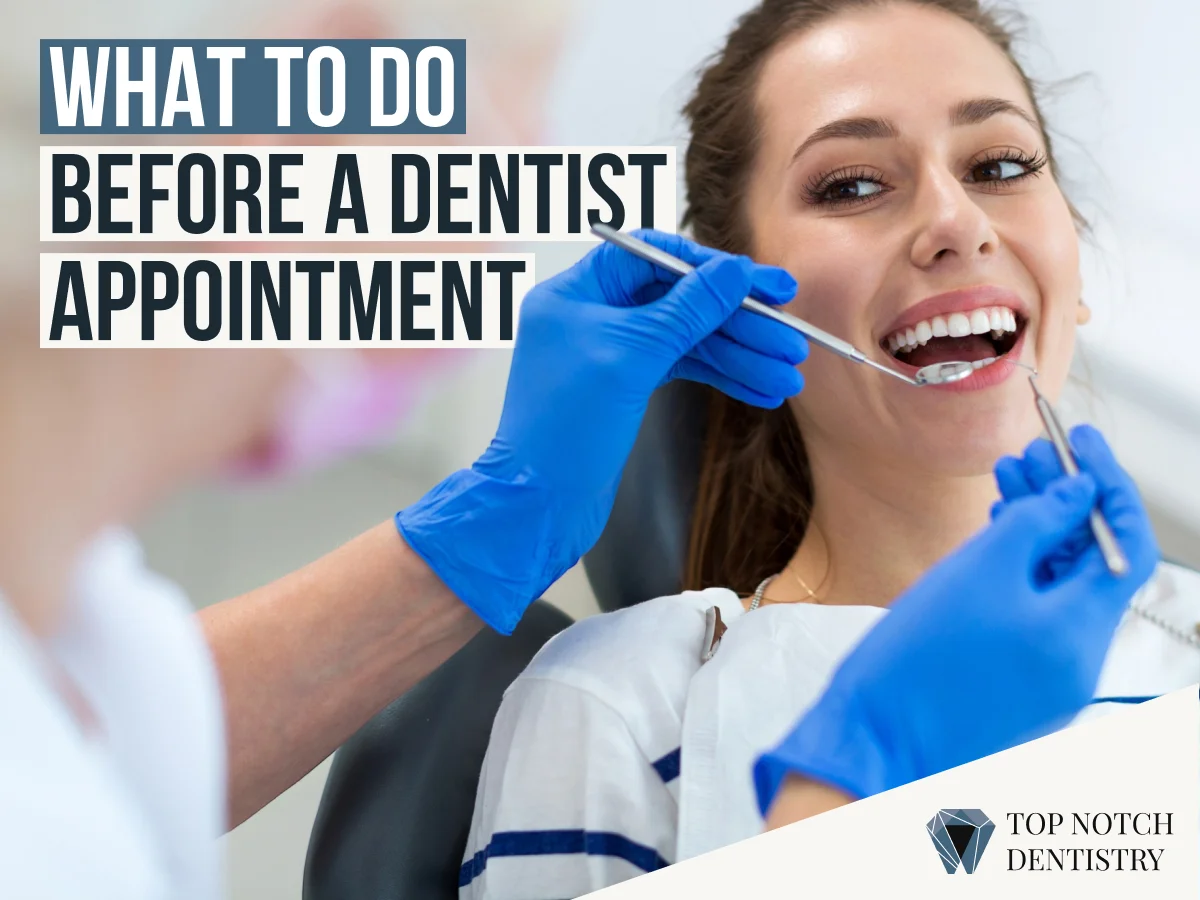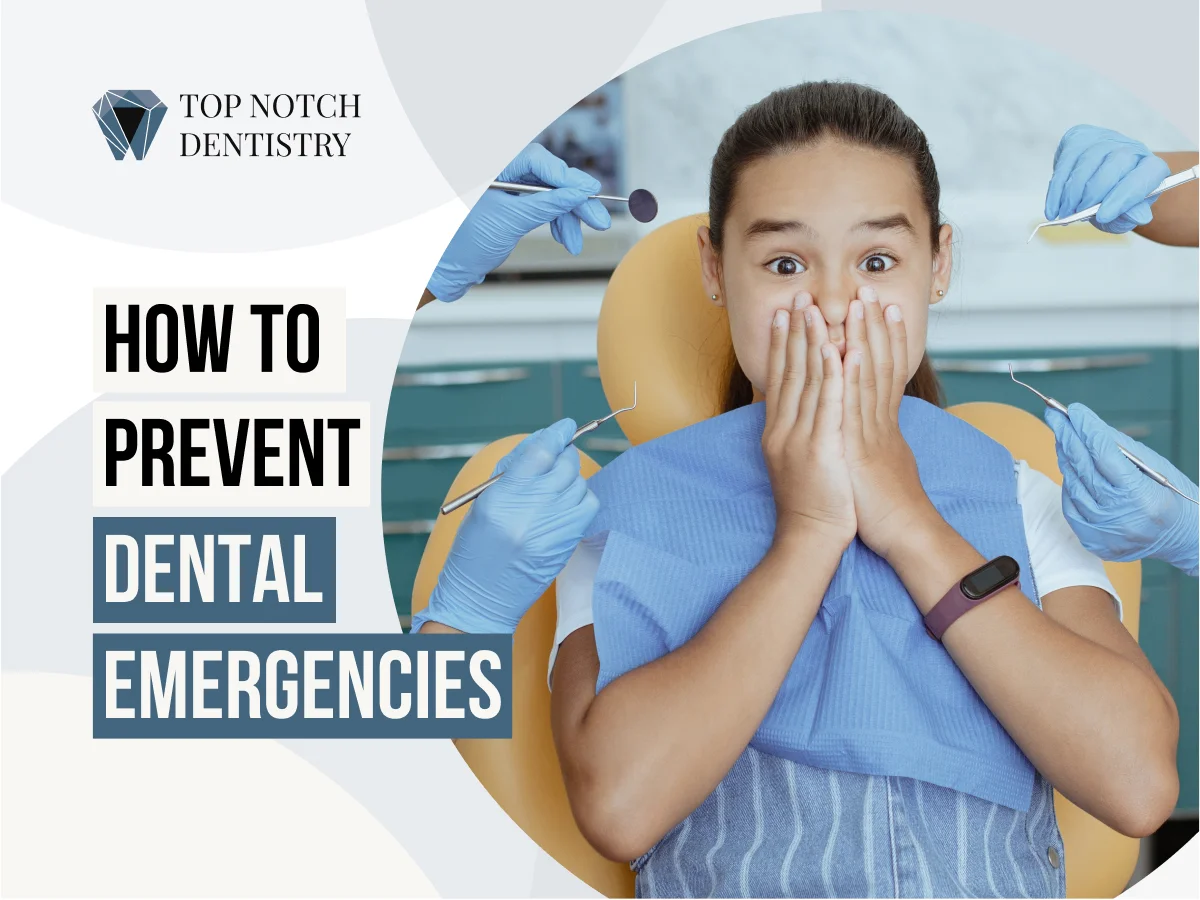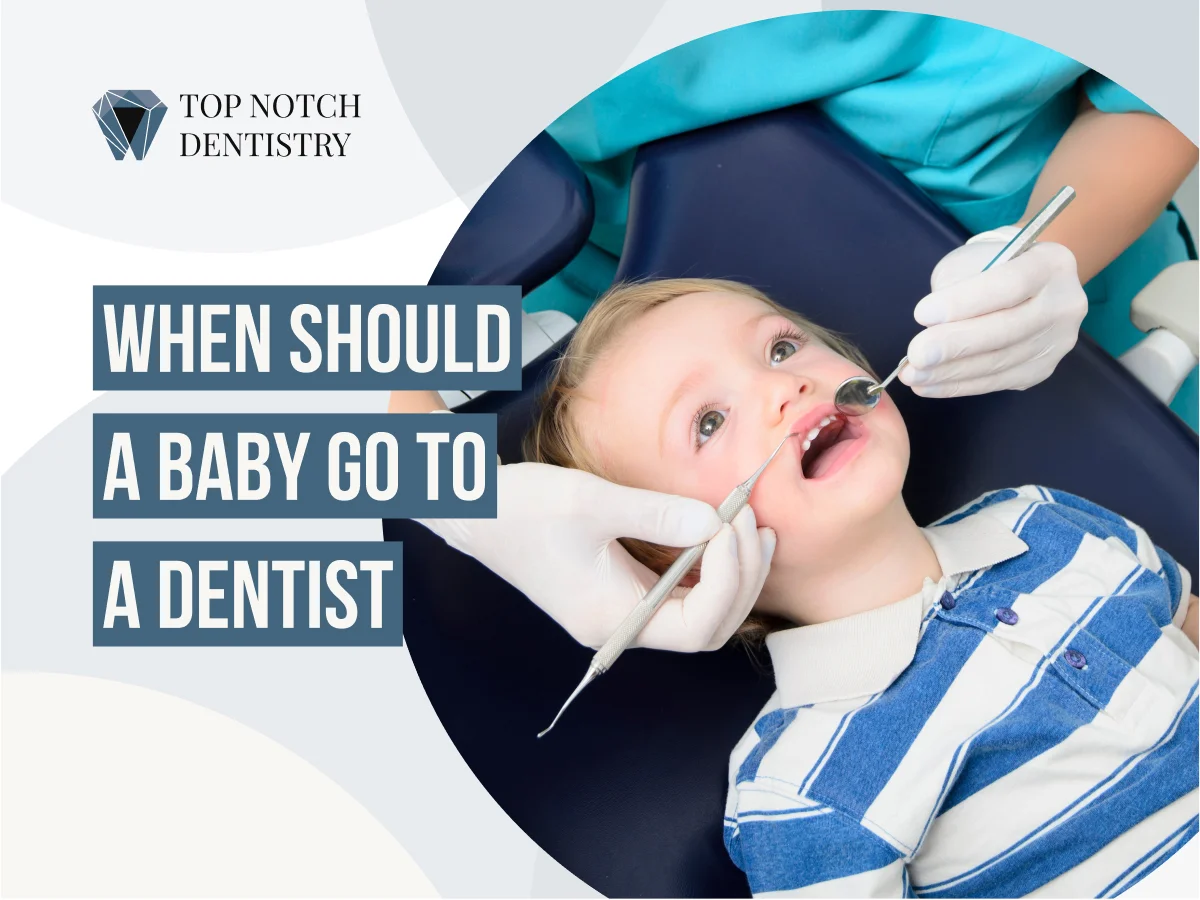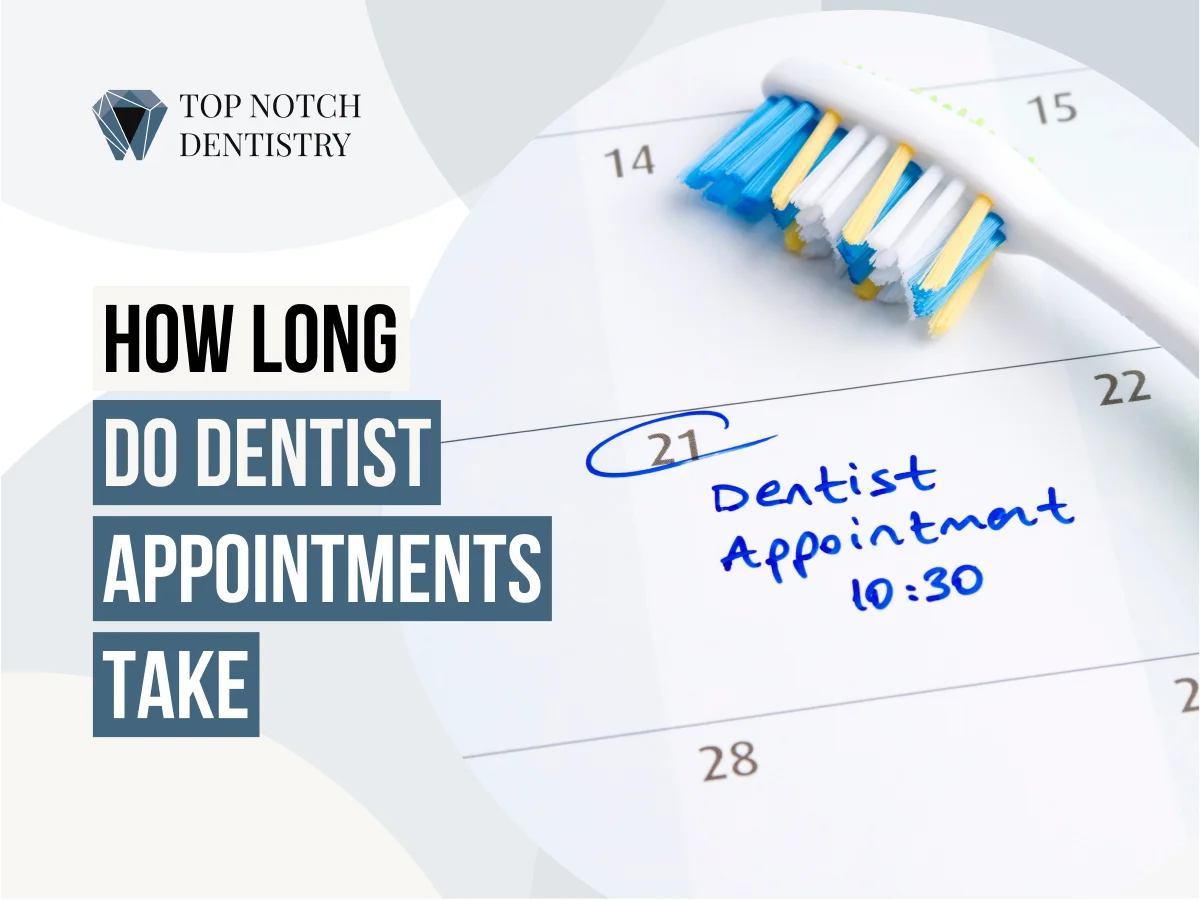
Going to the dentist is an important part of maintaining your oral health, and you may be wondering what to do before going to the dentist. Whether you're a first-time patient or a regular visitor, taking the right steps before you arrive can help ease any nerves and ensure your visit goes smoothly.
Knowing how to prepare for your appointment can make all the difference. But what if you’re not sure where to begin? Don’t worry – we’ve got you covered. From confirming your appointment to gathering your medical information and practicing simple oral hygiene, this guide will walk you through the preparation process.
By the time you have finished this article you will feel confident and ready for your next visit to Top Notch Dentistry of Dallas.
What to Do Before a Dentist Appointment
There’s a variety of things to do before going to the dentist, as preparation is the key to facilitating a stress-free experience. Whether it's your first visit or a routine checkup, we recommend following these basic steps to ensure a smooth visit.
Confirm Your Appointment
One of the simplest yet most important steps in preparing for your dental visit involves confirming your appointment. Dentists often send reminders via email or text a few days in advance that can include what to do before going to the dentist.
However, if you don’t receive a notification, it’s a good idea to call the office and double-check your appointment time. This ensures you're on the schedule and allows you to make any necessary changes in advance, helping you avoid fees and opening up slots for other patients.
Know What to Expect for Treatments
After confirming your appointment, it’s important to start mentally preparing for your visit and learning more about the treatments you’ll be receiving. Being informed about possible procedures helps reduce anxiety and allows you to address any questions and concerns before your dental visit.
If you're scheduled for a routine cleaning, for instance, your appointment will likely be straightforward. However, if you're undergoing more complex procedures, such as fillings, crowns, or extractions, you should ask your dentist before attending about the process, recovery time, and special instructions. Special instructions may include whether you can eat before the appointment if it is an advanced procedure.
Gather Your Dental and Medical Information
There are some things to do before going to the dentist to make your appointment as smooth as possible. For example, be sure to gather any relevant dental and medical records, especially if you're visiting a new dentist such as a list of current medications, allergies, or any recent dental X-rays.
This information provides your dentist with a fuller picture of your health and allows them to make informed decisions about suggested treatments. If you're switching from another practice, you may need to request your records be sent to your new dentist to ensure you receive optimal care.
Prepare Your Insurance and Payment Information
Ensuring your insurance and payment details are in order before your appointment is essential to avoid unnecessary stress during your visit. You should confirm that your dental provider accepts your insurance plan and be aware of what your coverage includes.
For example check whether your insurance covers routine cleanings or more extensive procedures, to avoid any surprise out-of-pocket costs. If you don’t have insurance, it’s a good idea to ask about payment options or financing plans in advance and have your insurance card and ID ready when you check-in.
Brush and Floss Before Your Appointment
A common query is, ‘Should I brush my teeth before going to the dentist?’ Practicing good oral hygiene before seeing your dentist is critical to ensure optimal results. While your dentist will still clean your teeth at your appointment, arriving with a fresh mouth helps them assess your oral health and provide the best care for your needs.
So, brush and floss thoroughly before your visit to clear away any food particles or plaque, but avoid overdoing it—scrubbing too hard can irritate your gums. Using mouthwash is also discouraged, as it might mask any underlying issues the dentist needs to address.
Arrive Early
Arriving a little early to your appointment facilitates a calmer start to your visit as many dental offices ask first-time patients to complete forms regarding medical history or insurance details. However, even if you're a returning patient, arriving early helps you avoid feeling rushed and allows you to ask any last-minute questions.
It’s also important to plan for potential traffic or parking challenges, especially if you're visiting a busy clinic. Giving yourself a buffer of 10–15 minutes ensures a smooth check-in process.
Consider Comfort Items for Long Procedures
If you’re scheduled for a lengthy procedure, such as a root canal or crown, you may want to consider bringing comfort items to ease any nerves. Noise-canceling headphones or a favorite playlist, for example, can help distract you and keep you calm, ensuring a smoother visit. Some patients also bring a stress ball or a cozy blanket during longer procedures to make the experience feel quicker and more bearable.
Additionally, be sure to inform the dental staff in advance if you have special needs or require certain items to help reduce your anxiety.
What Happens During a Typical Dental Visit?
A typical dental visit includes an oral examination and a cleaning. Initially, the dentist or dental hygienist will review your medical history and ask about any recent health concerns. They will then carefully examine your teeth, gums, and mouth for cavities, gum disease, or other issues and may take X-rays to see areas not visible to the naked eye.
Following the examination, the hygienist will clean your teeth to remove plaque and tartar buildup, helping to ensure a bright and healthy smile. This cleaning process involves scaling, flossing, and polishing your teeth to achieve a smooth, fresh finish. Sometimes, fluoride treatments are also applied to strengthen the tooth enamel.
At the end of your visit, the dentist will discuss their findings with you, recommend any necessary treatments, and offer advice on proper oral hygiene practices to maintain your dental health until your next appointment.
What Happens After the Visit?
After your dental visit, your dentist will typically provide personalized care instructions based on your examination and cleaning. If no major issues were found, you’ll be encouraged to continue regular brushing and flossing and to schedule your next visit, usually in six months. If treatment is needed, such as fillings or further procedures, the dentist will also discuss the next steps and schedule your follow-up appointments.
It’s important to note that you may experience some mild sensitivity after a deep cleaning or fluoride treatment, which should subside within a day. For more extensive procedures, the dentist will give detailed aftercare instructions, like avoiding certain foods or taking prescribed medications, to ensure a smooth recovery and lasting results.
Keeping up with the recommended dental routine at home is essential to maintain your oral health between visits. If any discomfort or complications arise after your visit, contact your dentist promptly for advice.
Final Thoughts
Preparing for a dental appointment doesn't have to be stressful. In fact, you can ensure a smooth and successful visit by simply confirming your appointment, gathering necessary information, practicing good oral hygiene, and taking steps to ease any anxiety. Whether you're visiting for a routine cleaning or a more complex procedure, being informed and prepared makes the experience much more comfortable.
If you're looking for expert care and a welcoming environment, schedule your next appointment with Top Notch Dentistry of Dallas. Our team is dedicated to providing exceptional dental services, ensuring your oral health is in great hands. Contact us today to book your visit!


